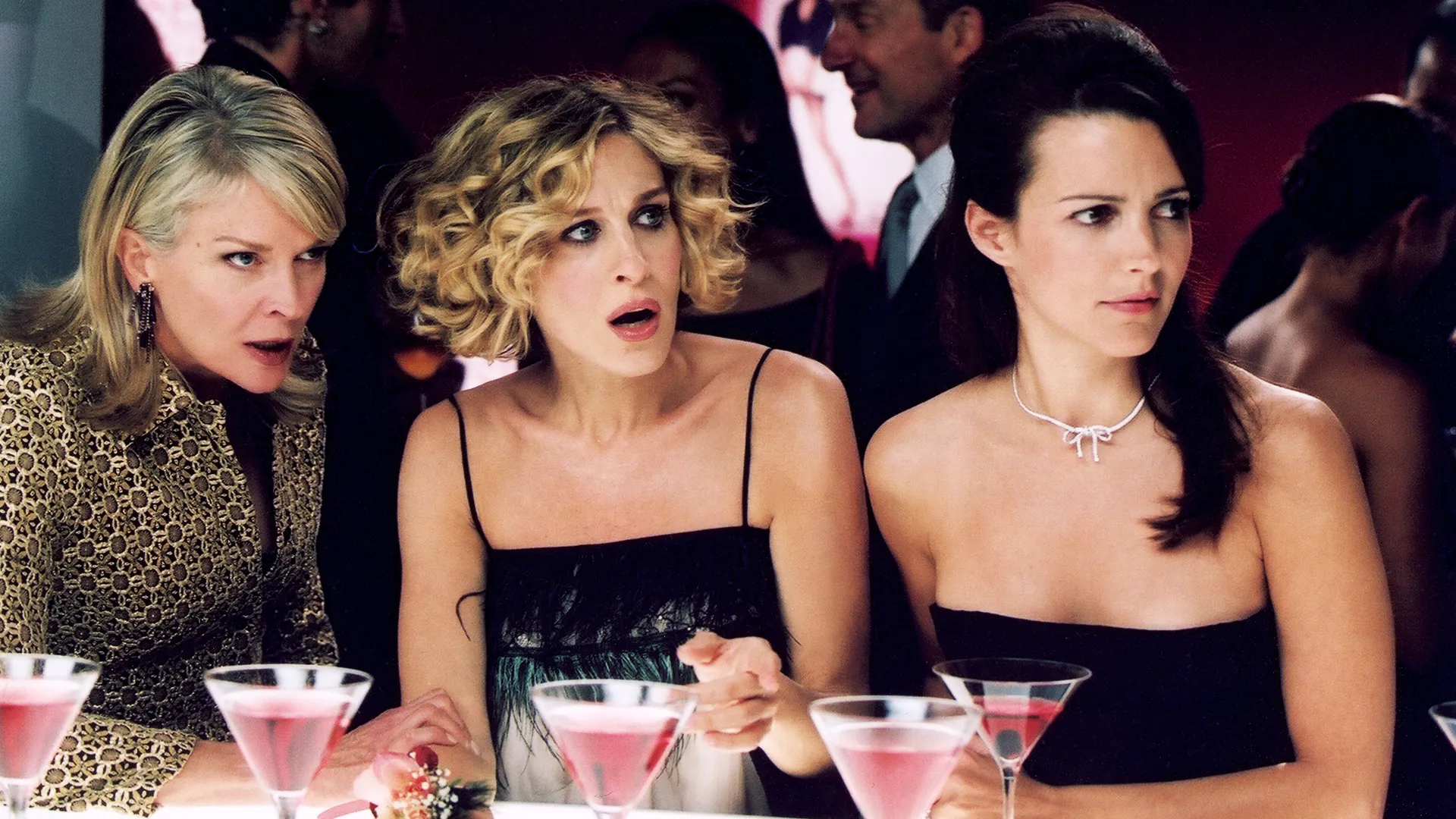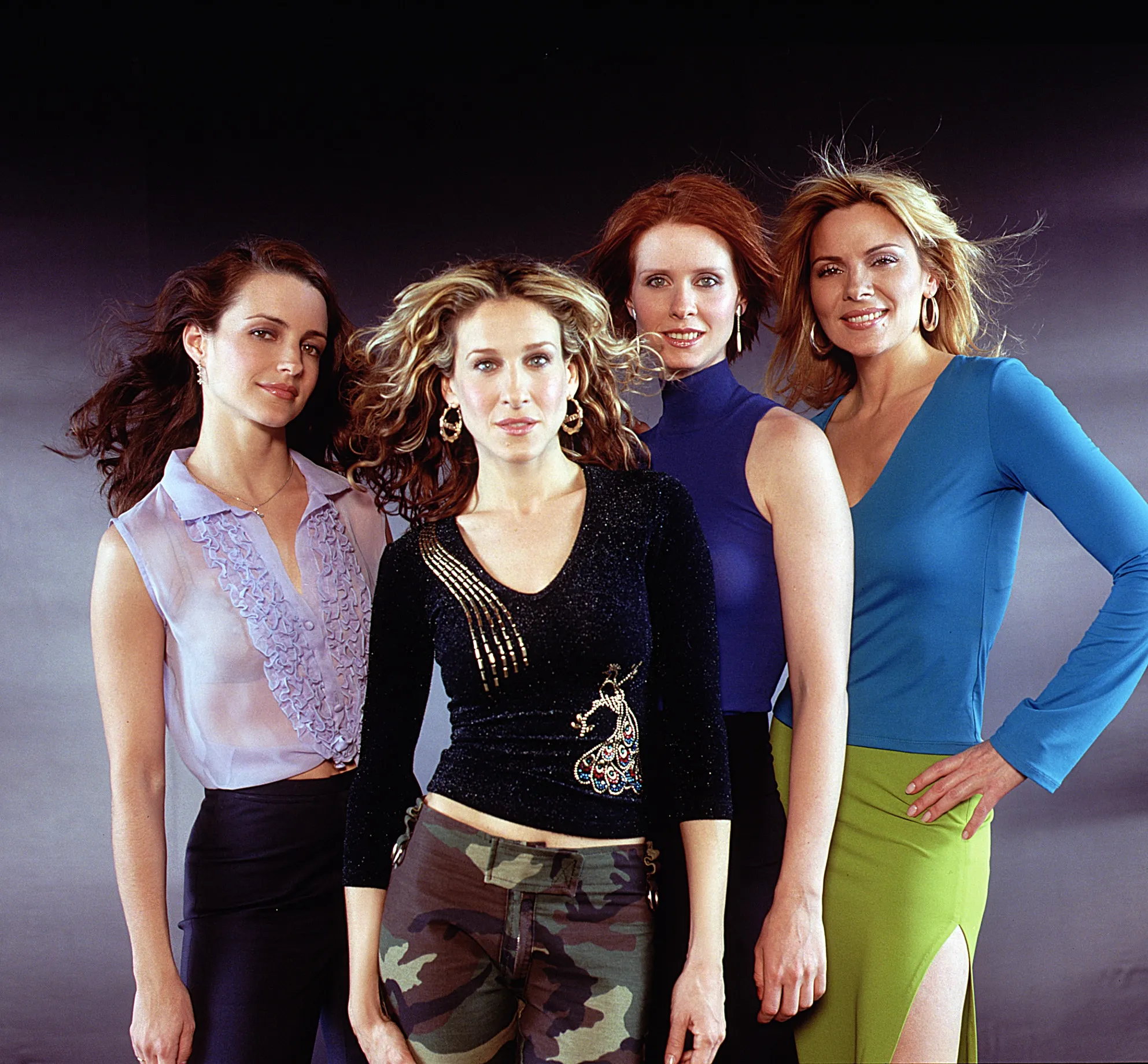Generation Black TV - Live
Sex and the City Revisited: Gen Z Take on Its Problematic Past
As Sex and the City (SATC) makes its grand entrance onto Netflix in the U.S., a new generation is poised to encounter Carrie, Miranda, Charlotte, and Samantha for the first time. This iconic series, which originally aired in 1998, left an indelible mark on a generation of millennial women with its candid exploration of friendships, relationships, and personal empowerment. However, with changing societal norms and values, many are left wondering how Gen Z viewers will perceive the show’s more controversial aspects.
A Cultural Icon with Complex Legacy
SATC was more than just a show; it was a cultural phenomenon that defined an era. It boldly tackled topics of sexuality, independence, and female camaraderie, resonating deeply with its viewers. The series was lauded for its witty dialogue, fashion-forward characters, and the vibrant portrayal of New York City as the fifth main character.
However, the show also contains elements that may not align well with today’s more progressive views. From its handling of racial diversity and LGBTQ+ issues to its portrayal of certain stereotypes, SATC reflects the attitudes of its time—a time quite different from the current cultural climate influenced heavily by movements like Black Lives Matter and #MeToo.
Gen Z’s Perspectives on Diversity and Inclusion

One of the major shifts in recent years is the increased emphasis on diversity and inclusion. Gen Z, known for its diversity and progressive values, might find SATC’s predominantly white cast and occasional cultural insensitivities out of touch with contemporary standards. Episodes involving questionable representations of race, sexuality, and gender identity could be particularly jarring for these new viewers, who are more likely to critique such portrayals.
For example, the show’s occasional slip into cultural stereotypes—like using a “blaccent” or portraying non-binary individuals in a problematic manner—might not only be seen as outdated but offensive. This sensitivity to inclusive representation is a significant shift from the early 2000s cultural landscape in which SATC was a hit.
Revisiting Gender Norms and Relationship Dynamics
Another aspect where Gen Z’s values may clash with SATC is in its depiction of relationships and gender roles. While the show was pioneering in its frank discussions of female sexuality, its approach to relationships sometimes mirrored the heteronormative and consumerist ideals of the time. Today’s younger viewers, who advocate for fluidity in gender and sexual identities and often reject materialistic measures of success, might find these elements less relatable or even problematic.
The Educational Potential of SATC
Despite these issues, watching SATC can still be an enriching experience for Gen Z. The show offers a window into the past, providing context for how far society has progressed and sparking discussions about ongoing social issues. It can serve as a starting point for debates about how television can influence societal norms and the importance of evolving media to reflect diverse experiences and identities.
Navigating the Past with a Critical Eye
The experience of watching SATC today might be akin to viewing it through a lens that is both critical and nostalgic. For those discovering it anew on Netflix, it presents an opportunity to enjoy the groundbreaking aspects of the show while also acknowledging and learning from its flaws.
As SATC joins the ranks of classic shows being revisited by new generations, it remains to be seen how it will resonate with Gen Z. The show’s journey into the lives of four women navigating the complexities of life and love in NYC continues to offer valuable insights, even as it challenges viewers to think critically about the content they consume.

“Sex and the City” is undoubtedly a product of its time, but its arrival on Netflix presents a unique chance for cultural reflection and growth. As Gen Z viewers tune in, their reactions will add a new chapter to the show’s enduring legacy, highlighting the evolving nature of societal values and the power of media in shaping and reflecting these changes.

